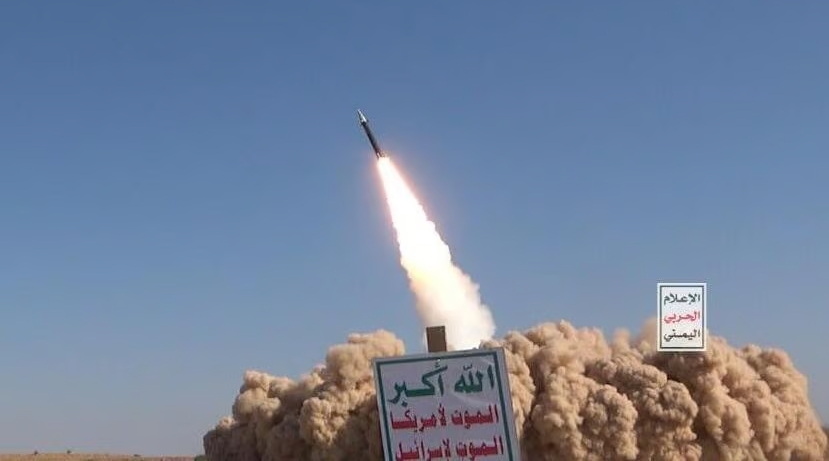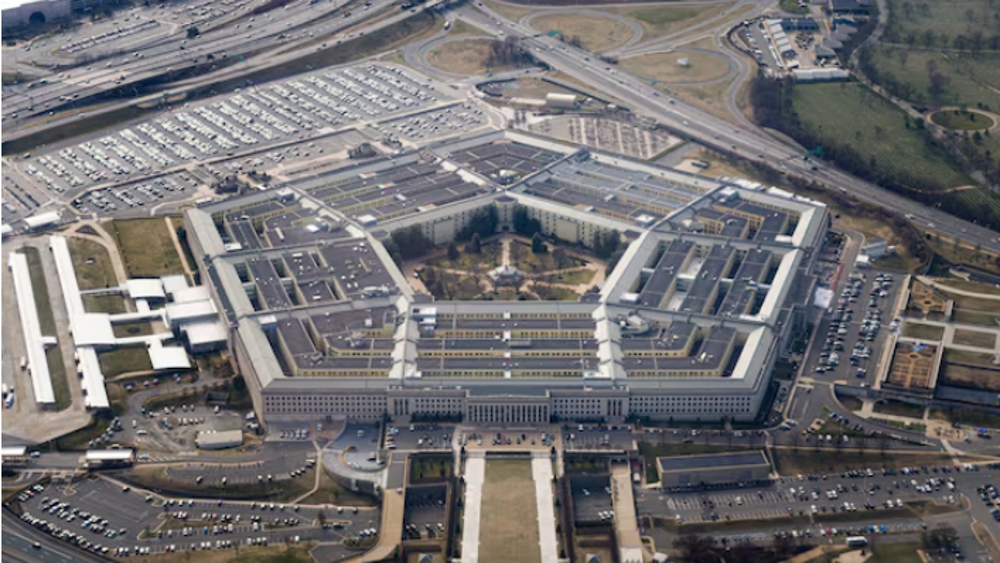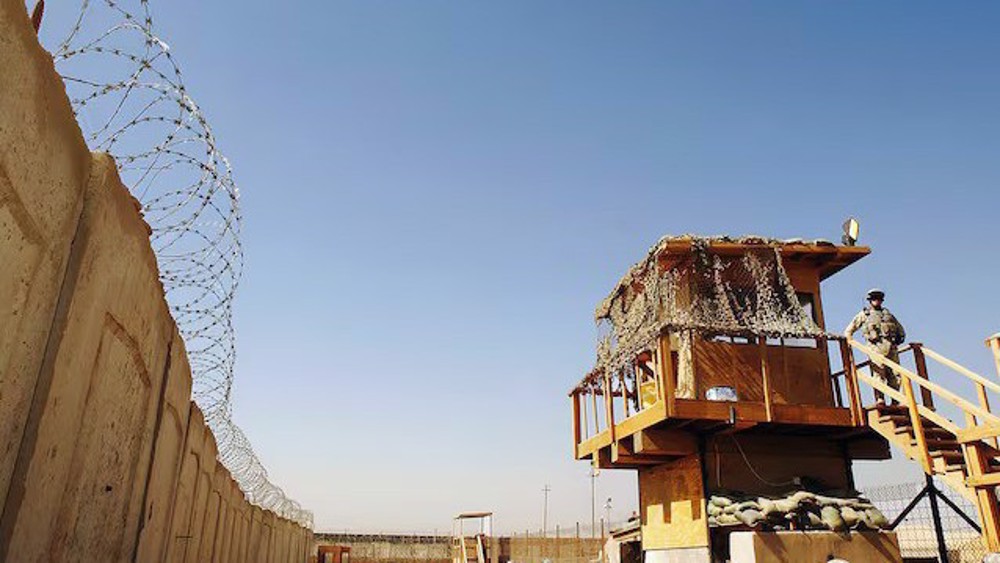NATO chief warns Trump against disengaging from military alliance
The secretary-general of North Atlantic Treaty Organization (NATO) has warned US president-elect Donald Trump against distancing Washington from the Western military alliance, saying the West is facing its greatest security challenge in a generation.
“Naturally, we have our differences. But leaders on both sides of the Atlantic, and across the political spectrum, have always recognized the unique ties that bind us. Our proud history is one of common challenges overcome together,” NATO chief Jens Stoltenberg wrote in an article in Saturday edition of the UK-based daily The Observer. “It is all too easy to take the freedoms, security and prosperity we enjoy for granted. In these uncertain times we need strong American leadership, and we need Europeans to shoulder their fair share of the burden. But above all we need to recognize the value of the partnership between Europe and America. It remains indispensable.”
Stoltenberg's view reflects deep worries among European military circles regarding Trump's surprise election to the US presidency earlier in the week.
In the months before his electoral victory, Trump referred to NATO as obsolete and raised doubts over whether the US under his command would assist a NATO ally under attack.
Also in July, Trump stated that NATO was incapable of dealing with terrorism and that he would be willing to tell allies who did not “reimburse” America for its military protection: “Congratulations, you will be defending yourself.”

In an apparent response to such assertion, Stoltenberg pointedly recalled the blood spilled by NATO allies after they came to the aid of the US following the 9/11 incidents, warning that rather than “deepening differences” between the 28 member states, now is the time to “nurture what unites” under what he described as “strong American leadership.”
“The only time NATO has invoked its self-defense clause,” he wrote, “was in support of the United States after the 9/11 terrorist attacks.”
“This was more than just a symbol. NATO went on to take charge of the operation in Afghanistan. Hundreds of thousands of European soldiers have served in Afghanistan since. And more than 1,000 have paid the ultimate price in an operation that is a direct response to an attack against the United States,” he added.
Stoltenberg, however, also commended American military contribution to European security, writing: “The United States has significantly strengthened its commitment to European security, deploying a new armored brigade to eastern Europe and delivering equipment and supplies to support future reinforcements if needed.”
Such emphasis by the NATO chief on the vital importance of the US in maintaining European security, was reminiscent of earlier statements by European commission president Jean-Claude Juncker, who stated last week that the US “will not ensure the security of the Europeans in the long term. We have to do this ourselves.”
Juncker further noted, “That is why we need a new start in the field of European defense, up to the goal of setting up a European army.”
The development came as France and Germany are reportedly intending to unveil plans for European military integration in the weeks ahead.
This is while the chairman of German Bundestag’s foreign affairs committee, Norbert Röttgen, was cited in local press reports as saying that greater military cooperation within the EU is even more significant following Trump’s election into office. He further emphasized that it was a key area in which the UK should agree to compromise during Brexit negotiations.
Moreover, a member of the French National Assembly’s foreign affairs committee, Nicole Ameline, also warned that the world was now “more unpredictable” with Trump in the White House and called on Britain to play its part in a strengthened European defense structure, as an aid to NATO rather than an alternative.
VIDEO | Press TV's news headlines
VIDEO | Yemeni protesters call for military mobilization against Israel
VIDEO | Art festival honors Martyr Tehrani Moqadam’s legacy
Borrell urges sanctions on Israel for war crimes
VIDEO | Top Iranian delegation in Beirut for talks
UN calls on Israel to allow unrestricted access to Gaza to deliver aid
‘Arab Nelson Mandela’ released after 40 years in France
VIDEO | Jordanians condemn Israel’s ban on UNRWA activities in occupied Palestine













 This makes it easy to access the Press TV website
This makes it easy to access the Press TV website